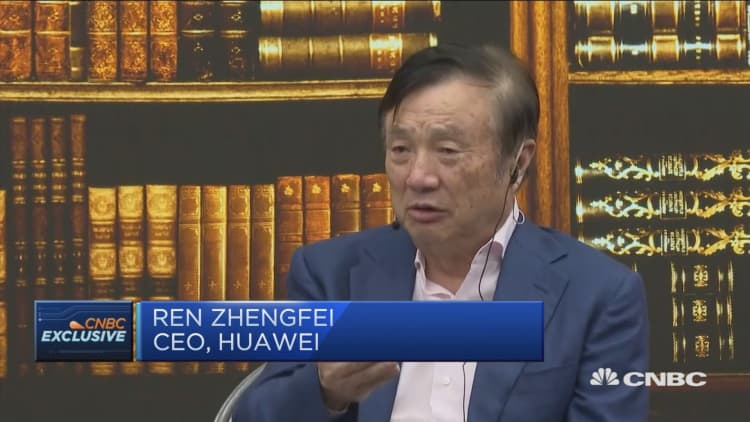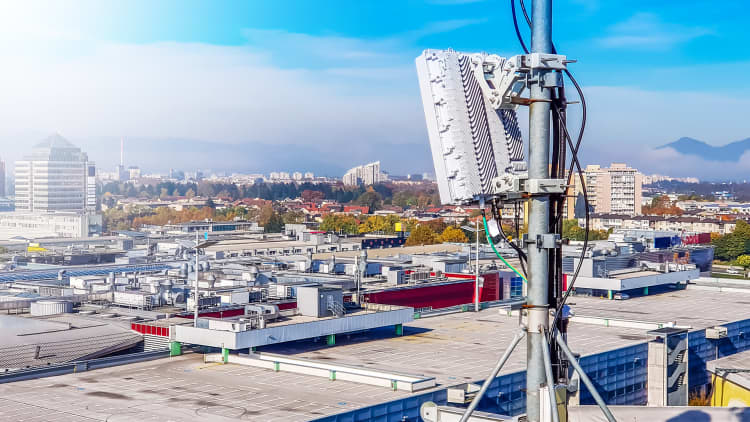Huawei has begun research on 6G — the successor to 5G mobile networks which are not yet widespread, according to its CEO Ren Zhengfei.
5G is the name of next-generation mobile networks that promises super-fast data speeds and the ability to underpin new technologies like driverless cars. These networks are slowly rolling out in places such as South Korea, the U.K. and soon China. However, they are not yet available on a large scale.
However, Huawei's founder Ren is already talking about 6G.

"We have parallel work being done on 5G and 6G, so we started out 6G a long time ago," Ren said during a CNBC-hosted panel on Thursday. He said it's in an "early phase" and there's still "a long way to go" before commercialization, according to an official translation of his Mandarin comments.
Ren said the technology is still "ten years out."
A number of things need to take place before 6G becomes a reality.
For any new mobile network generation, standards need to be set by the industry. This has taken place for 5G and initial discussions have happened regarding 6G, but standards could take years to form.
Another issue is that it's still not clear what 6G will be needed for.

Huawei is currently focusing its efforts on 5G, however. The company has signed over 50 commercial 5G contracts, more than its closest competitors Nokia and Ericsson.
The Chinese tech giant is facing continued pressure on the U.S. which has accused it of being a national security risk, saying that it could build backdoors into its networking equipment to allow the Chinese government to spy on Americans. Huawei has repeatedly denied those allegations.


